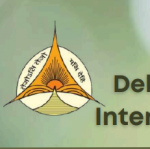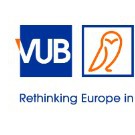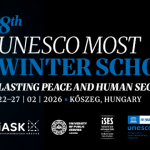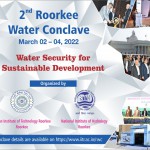Nidhi Nagabhatla, UNU-CRIS Senior Research Fellow, delivers Keynote Address at the Roorkee Water Conclave 2022, India
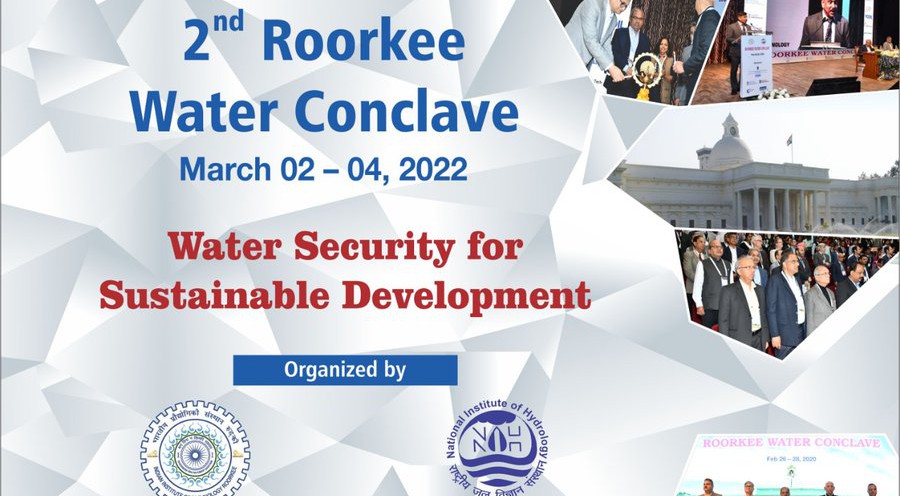
UNU CRIS will participate in The Roorkee Water Conclave, 2022 organized by the National Institute of Hydrology, Ministry of Water Resources, River Development & Ganga Rejuvenation, Government of India and Indian Institute of Technology Roorkee, India
Theme "Water Security for Sustainable Development” March 02 - 04, 2022.
UNU CRIS’s contribution will collate the learnings and best practices for cross border water management within the purview of water security, SDGs, and climate resilience
Background
Addressing water security at national and transboundary water systems remains a key component in maintaining food, energy, human and geopolitical security. Noting that water security as an emergent dimension in sustainability debates globally, and increasingly water systems reckoned as the basic connection between the climate-human society-environment- planning water security is a major challenge for researchers and policymakers, particularly for states and communities most vulnerable to the impacts of climate change and with over-stressed water systems. Factors like increasing demographics, gaps in regulatory frameworks of water allocation and water use, more so in shared water systems, and water-related disasters present cascading risks on the resource as well as the users and managers. While 2030 Agenda for Sustainable Development Goals (SDGs) brings a hopeful message to steer the water-related goals and targets (SDG 6, 13…) and ensure availability and sustainable management of water for all.
Click here for further details.

In her Keynote address at the event, Dr. Nidhi Nagabhatla amid the above-stated context will highlight 5 key dimensions
- Diversifying conventional solutions to water management, and boosting supporting mechanisms such as hydro and climate diplomacy towards water security, SDG 6 implementation, amplifying climate services.
- Discuss the need for large-scale economics-positioned water security agendas, transboundary cooperation, and climate resilience solutions to be designed and operated in an integrated manner.
- Commentary on how regional hydro diplomacy discourse can be a potential option to refine and amplify the response mechanisms for water and climate security through multilevel governance models.
- With the spotlight on Inter Basin Water Transfer/Transaqua proposal pointing to the Lake Chad Basin (LCB) and Congo basins, explain how in settings of conflicts, consensus-building could be a hopeful attempt to strengthen and operationalize cross-border water governance plans and policies in tandem with the climate resilience agenda.
- Showcase the United Nations University Climate Resilience Initiative - https://cri.merit.unu.edu/

